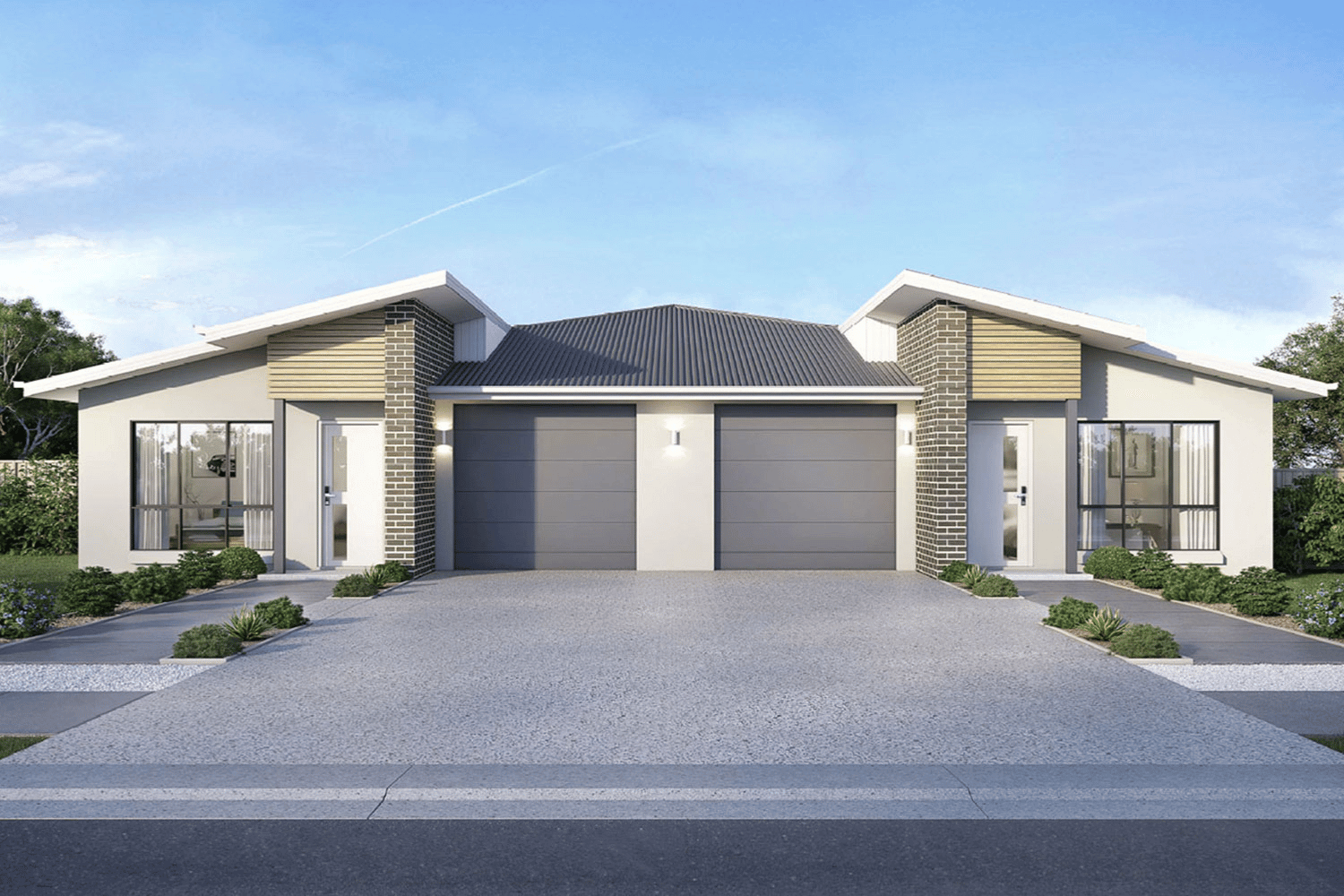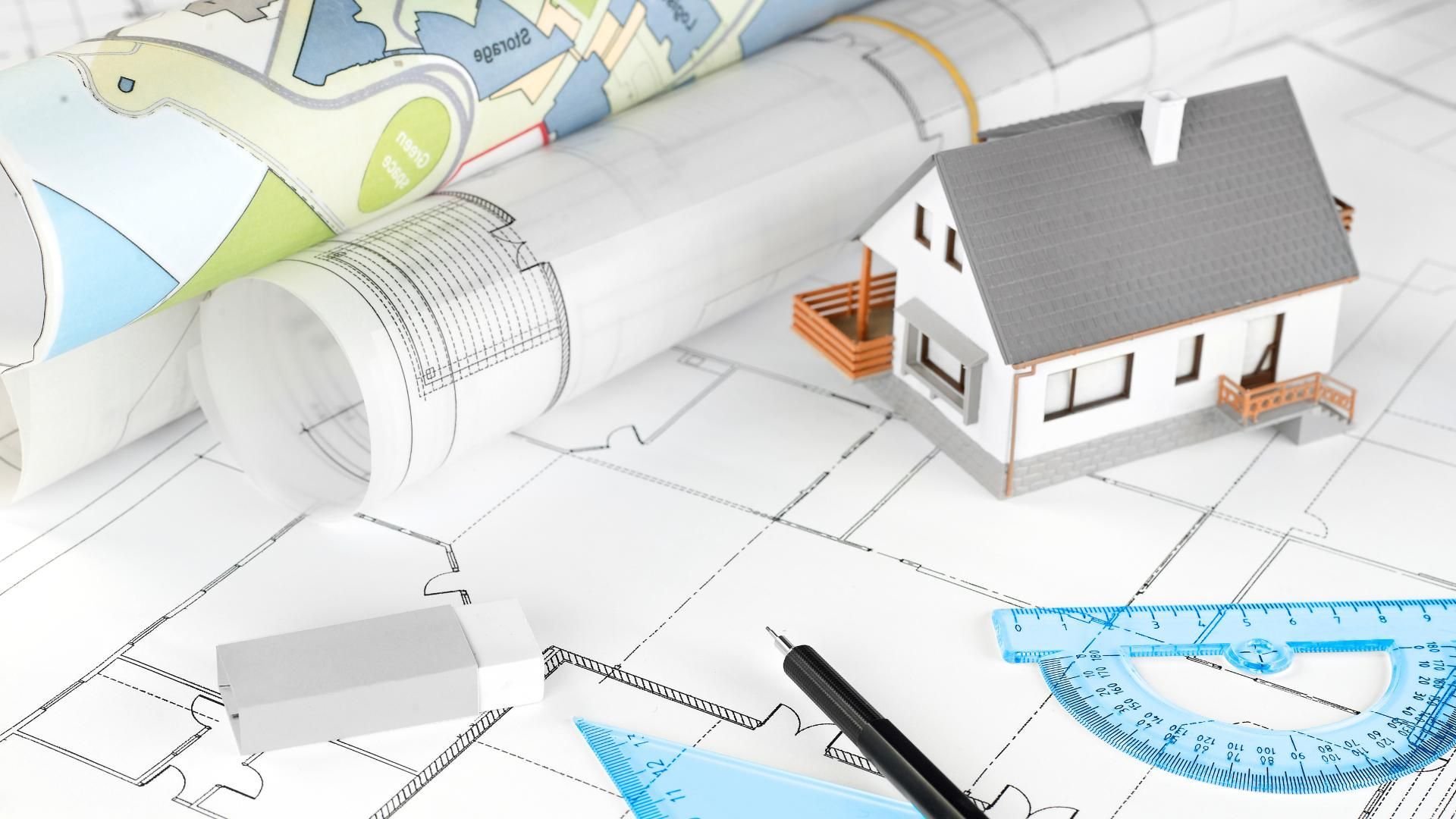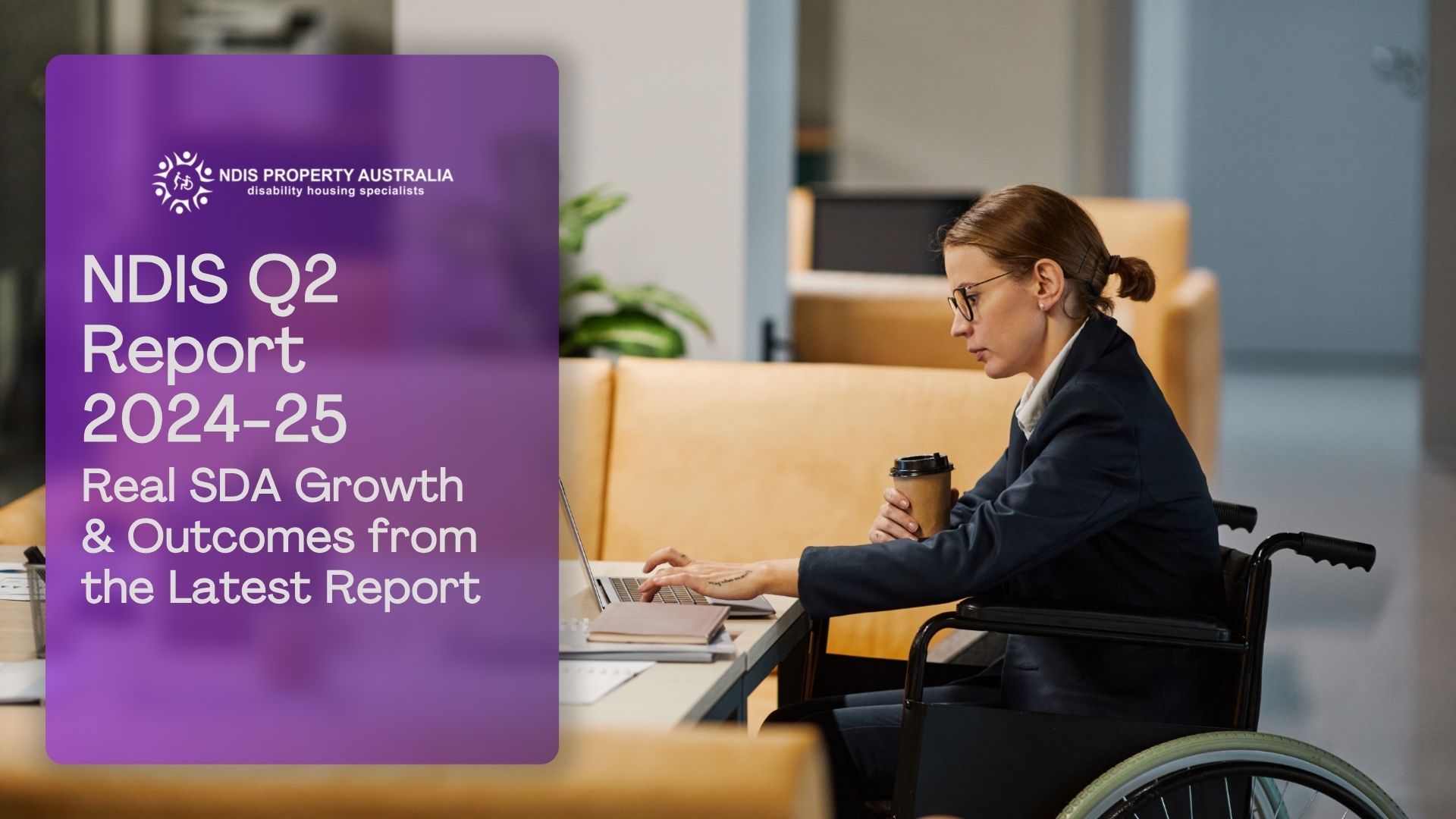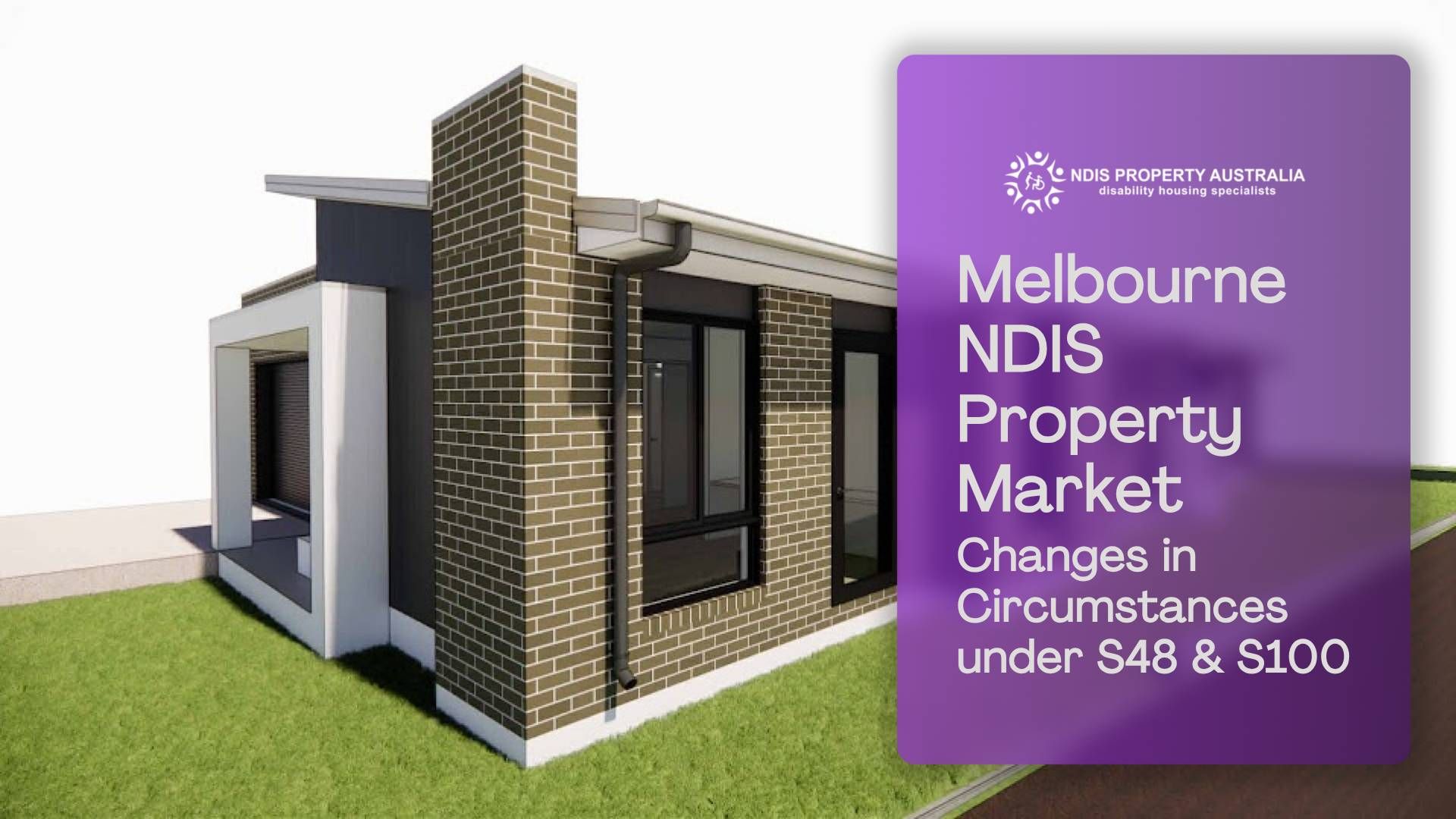Challenges and Opportunities in SDA Apartment & Housing Investments
When discussing Specialist Disability Accommodation (SDA), we're not merely referring to standard living spaces. Instead, we're considering homes specifically designed for individuals with complex disabilities.
The SDA stands out in the housing sector. It features broader doorways and tailored technology. The Legacy Property Challenge exists. About 24,000 people have SDA funding. Many live in older "legacy" properties. SDA Housing will lose its funding soon. There's an urgent need to move these residents. Only 3,800 'New Build' properties have been made so far.
Demographic Shifts and Funding Controls: The predominant age group for SDA participants is predicted to lie between 45-64 years. However, with an upcoming surge in the 25-44 age bracket and half of NDIS participants currently under 18, there's an impending wave of younger participants.
The increase in funds contrasts with NDIS's tighter control over funding as a result of rising costs. Within the domain of SDA, two primary models emerge - SDA apartments and SDA housing. Let's investigate their contrasts.
Read also: Why Apartments are the new frontier of SDA Investors
Specialist Disability Accommodation Investments
In a world valuing diversity and inclusivity, Specialist Disability Accommodation (SDA) is crucial. It's a key resource in real estate investment. Its popularity isn't just due to market trends. It reflects a desire for an inclusive society.
This community supports individuals with special needs. Like any investment, SDA comes with its own nuances. Its properties range from customised apartments to specialised houses designed to meet residents' unique needs. While they differ from standard properties, SDA offers both purpose and profit potential.

SDA Apartments vs. SDA Housing: Key Features and Support Levels
Central to SDA is the aim to provide homes adapted to individuals with disabilities, enabling them to enjoy a superior quality of life. Whether apartments, shared houses, or group homes, the foundational purpose of SDA remains unwavering. However, variations arise in the comprehensive provision of services.
SDA houses and SDA apartments both cater to individuals with significant functional impairments, providing specially designed environments tailored to their unique needs. While SDA housing encompasses a broader range of dwellings, including houses and other specially designed structures such as Villas/Townhouses and Duplexes, SDA apartments specifically offer unit-style accommodations, often within mixed-use projects. Both prioritise features such as wider door frames and accessible bathrooms, and emphasise independence and support for their residents.
Some housing providers partner with support providers, assuring residents top-notch access to on-site support. However, the extent of this support can vary.
For example, high physical support housing is tailored for those with significant physical disabilities. Such individuals frequently require a wide array of support services, from state-of-the-art assistive technology to emergency power supplies, ensuring they're never at a disadvantage. Dwelling in a strategic location can immensely benefit its participants, offering them not just a place to live but also easy access to their essential needs.
The Economic Perspective: Construction and Maintenance
It's evident that constructing an SDA property demands a more substantial financial commitment compared to standard housing. These heightened costs arise from the plethora of added facilities and adjustments essential to SDA. However, it's an investment that pays dividends. The returns? Homes that not only offer refuge but also promote independence, community integration, and a more profound living experience for inhabitants.
Investments point-of-view: Apartments or Housing
Market interest in Specialist Disability Accommodation (SDA) has grown significantly since late 2020. The CBRE Australian Healthcare & Social Infrastructure team has noted a marked increase in engagement from both constructors and investors. The nature of these enquiries has diversified, spanning from mixed apartment projects that blend traditional and SDA residences to more intimate, low-rise villa or townhouse schemes. These ventures range from a few select homes to expansive developments boasting up to 15 units.
SDA investments are surging in popularity within Australia, with developers and investors demonstrating pronounced interest in this burgeoning sector. The decision between apartments and standalone houses is dictated by the nuanced needs and preferences of both investors and tenants.
Investments in SDA housing have the potential to produce rental yields that are significantly greater than those of conventional residential and commercial real estate. The investment returns from SDA are much larger than those from the conventional residential housing market, despite the higher entry and modification costs. Due to the fact that SDA funded participants - the tenants - are backed by NDIS funding, SDA investment properties have the potential for long-term leases with consistent rental returns. Unlike other types of real estate investments, ‘returns’ are paid by the NDIS when the tenants have the appropriate SDA funding in their plan.
Challenges of SDA Apartments
SDA apartments, while serving a significant purpose, are not without their challenges. The uneven distribution of SDA-approved dwellings can lead to high vacancy rates in certain areas. Consequently, while some regions may have an excess of these accommodations, others may face a shortage. Adding to the uncertainty is the nature of SDA payments.
As the funding follows the participant (or tenant), payment is only received when appropriately funded tenants are in residence. These payments are also influenced by the 5-year NDIS reviews, which can render the revenue stream somewhat unpredictable, although the benefit of regular CPI increases does compensate to a degree. We saw in the most recent review undertaken by the NDIA, an unexpected decrease in Apartment funding whilst there were significant increases in funding for other dwelling types.
Read also: Where to Invest SDA Housing & Apartments in NSW?
Challenges of SDA Housing
Addressing the issues of Specialist Disability Accommodation (SDA) housing is very important. Returns are not immediate, and the process of securing eligible tenants and obtaining NDIS funding can be lengthy and detailed.
These challenges are amplified by the ever-changing state of the SDA market. As the sector is still developing, it undergoes frequent shifts and modifications. For any potential investor, staying informed about these changes is important.
While SDA investments offer considerable appeal due to their social impact and potential returns, they may not suit everyone. They require in-depth research, an understanding of regional details, and a long-term outlook from investors. However, for those who work through these issues with dedication and passion, the rewards extend beyond financial gains, offering an opportunity to be part of a movement towards a more inclusive society.
In summary, despite its challenges, SDA housing provides an environment filled with growth, potential setbacks, and outstanding opportunities, possibly marking a significant trend in real estate investments.
Conclusion
The SDA apartment market is profitable with societal impact. Quality products should focus on residents' needs. Prioritising housing is crucial due to unique resident needs. Strategic locations ensure a better quality of life. They also offer a sustainable investment for stakeholders. Stakeholders should understand market variations. Awareness of the shifting investment climate is key. SDA's core purpose is to uplift the disabled. Every investment and service in SDA is meaningful.
Some of the most promising SDA investment opportunities right now are in areas with strong demand, well-connected infrastructure, and government-backed rental income potential. Locations such as Sunshine (VIC), Boronia (VIC), and Schofields (NSW) are attracting investors due to their tenant-ready SDA apartments that meet compliance standards and provide stable returns.




